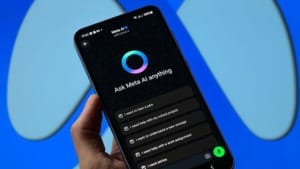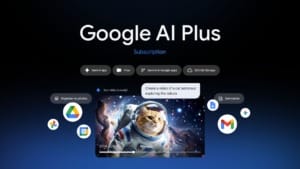Meta reportedly explores using rival AI models to enhance its apps
Meta is exploring the use of AI models from Google and OpenAI to enhance its apps while advancing its own Llama AI technology.

Meta is reportedly exploring the use of artificial intelligence models developed by competitors, including Google and OpenAI, to improve AI features across its platforms. According to a report by The Information, executives at the Meta Superintelligence Lab have considered integrating Google’s Gemini model into the company’s Meta AI chatbot. The move would enable Meta to offer a more robust, conversational text-based solution for answering user search queries.
The report also indicated that Meta has held discussions about incorporating OpenAI’s technology into Meta AI and its other AI-powered features. These potential collaborations highlight Meta’s effort to strengthen its AI capabilities while continuing to develop its own large language model, Llama.
Strategic partnerships as a temporary measure
A Meta spokesperson stated that the company is taking an “all-of-the-above approach to building the best AI products,” which includes both building in-house solutions and partnering with external organisations. The report noted that while Meta is exploring external technology, the company’s primary goal is to refine and advance its own AI systems. Leveraging competitor models would only be a temporary measure to accelerate innovation and keep pace with rivals in the rapidly evolving AI market.
Meta’s interest in adopting external AI tools comes at a time when competition in generative AI development is intensifying. By accessing technologies from industry leaders such as Google and OpenAI, Meta aims to enhance user experiences on its apps while gaining insights that can help strengthen future iterations of Llama.
Internal AI adoption and recruitment efforts
The Information reported that Meta employees are already using Anthropic’s AI models to support the company’s internal coding assistant. This indicates that Meta has been integrating third-party AI solutions internally even as it invests heavily in its own research and development.
Additionally, Meta has been actively recruiting AI researchers from Google and OpenAI to enhance expertise at its Superintelligence Lab. These recruitment efforts reportedly include highly competitive compensation packages designed to attract top talent from across the AI sector.
As Meta continues to refine its AI strategy, the company’s willingness to work with external partners shows its commitment to creating cutting-edge products. The temporary reliance on competitor models could help Meta accelerate development and maintain a strong position in the AI race.
















